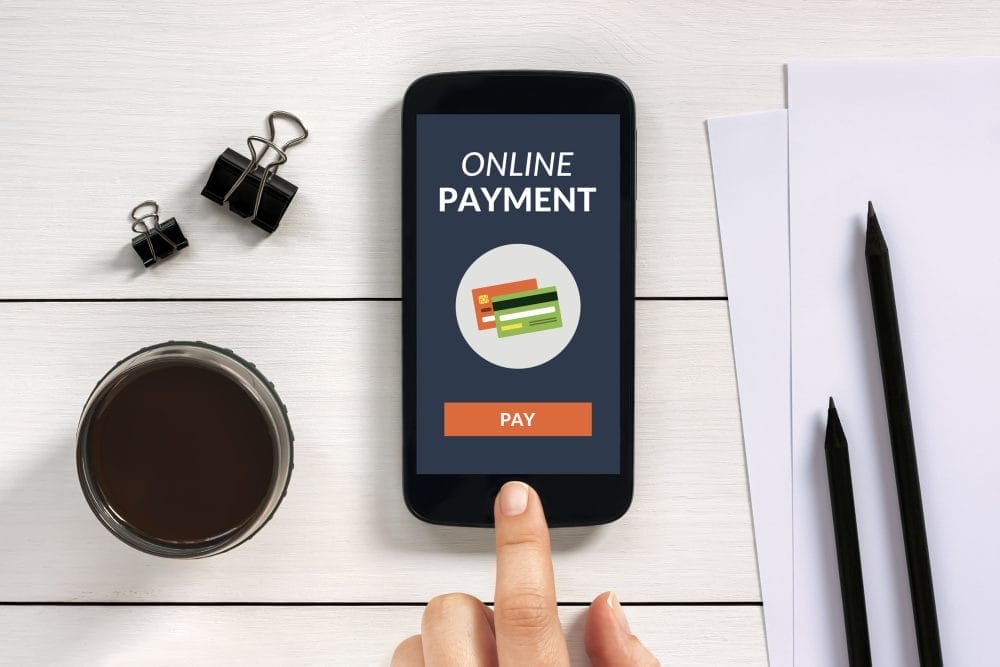Money used to mean stacks of bills, paper checks, and bank accounts neatly listed in a ledger. Now, cash has gone digital, spread across apps like Venmo, PayPal, and Cash App. While these platforms make splitting dinner bills effortless, they’ve created a new maze for heirs trying to settle estates.
Families are shocked to learn that digital wallets aren’t as straightforward to access as traditional bank accounts. What was meant to simplify everyday life is suddenly complicating final transfers.
Locked Funds in a Locked Account
When a person passes away, their online payment accounts don’t magically transfer to heirs. Most apps freeze funds until proper documentation is provided, and the process can take months. Unlike banks with established estate protocols, many apps are still catching up on inheritance procedures. Heirs often find themselves buried in paperwork while money sits untouched. This delay creates both financial stress and emotional frustration during an already difficult time.
Terms of Service Stand in the Way
Buried in fine print are rules that users rarely read but heirs can’t avoid. Many apps forbid account sharing or posthumous access without court approval. This means even if family members have passwords, logging in could technically violate the terms of service. Companies prioritize security over convenience, which leaves heirs with few options. The result is a digital deadlock where grieving families face unnecessary hurdles.
Probate Meets Technology
Inheritance has always moved through probate, but now digital accounts are adding new layers of complexity. Courts often require proof of ownership, app balances, and official company responses before releasing funds. Because digital assets don’t always come with clear statements, judges may hesitate to finalize transfers. The lack of standardization across platforms slows everything down. What should be a straightforward inheritance quickly turns into a tech-driven puzzle.
Hidden Money That Stays Hidden
Another problem is simply knowing these accounts exist. If a loved one never disclosed their app balances, heirs might not realize there’s money at stake. Payment apps rarely send paper statements, leaving funds invisible to families. Unless heirs have access to emails or transaction notifications, the money can easily slip through the cracks. Digital inheritance often disappears before anyone even knows to claim it.
Security vs. Accessibility
Payment apps were built for security, designed to keep hackers out at all costs. But that same security becomes an obstacle when legitimate heirs try to access funds. Multi-factor authentication, encryption, and strict ID verification create red tape instead of relief. Families are forced to prove themselves multiple times across multiple channels. The balance between security and accessibility is tipping toward delay and frustration.
Corporate Silence and Slow Responses
Unlike banks with customer service departments trained in estate matters, many payment apps lack dedicated inheritance teams. Families often face long wait times, generic responses, or confusing instructions. Some companies require official court orders before releasing even modest sums. This lack of guidance leaves heirs feeling abandoned. Instead of easing money transfers, corporations unintentionally add to the grief.
Global Rules Make It Trickier
Payment apps aren’t just local—they often cross borders, currencies, and regulations. International laws complicate inheritance when global platforms hold funds. A balance in one country might require different legal steps than the same app in another. Families may be forced to hire international lawyers to chase relatively small amounts. The global reach of digital wallets creates headaches no one anticipates.
Planning Ahead Is Rare but Critical
Most people never consider leaving behind instructions for their digital wallets. Wills often focus on property, bank accounts, and investments, ignoring app balances. Without explicit directions, heirs are left scrambling to figure out what to do. A simple plan could save months of legal red tape. Unfortunately, planning ahead for digital money is the exception, not the rule.
The Future of Digital Inheritance
As online payment apps dominate financial transactions, inheritance law is struggling to keep up. Companies will eventually be forced to streamline policies, but for now, heirs remain stuck. Legal reforms may mandate clearer processes, standardized reporting, and faster fund releases. Families, lawyers, and lawmakers are beginning to push for change. Until then, inheritance transfers remain stuck in the digital slow lane.
Untangling the Digital Knot
Online payment apps have revolutionized daily life, but left a tangle for heirs dealing with inheritance. Locked accounts, hidden balances, and strict corporate policies create delays at the worst possible time. While planning ahead and better laws could improve the future, today’s families are left waiting. The convenience of digital wallets comes at a steep cost when life ends.
What do you think—should apps take more responsibility for smoothing out the inheritance process? Share your thoughts below.
Read More
The New Banking Feature That’s Blocking Some Inheritance Transfers
6 Widely Shared Inheritance Tips That No Longer Work







